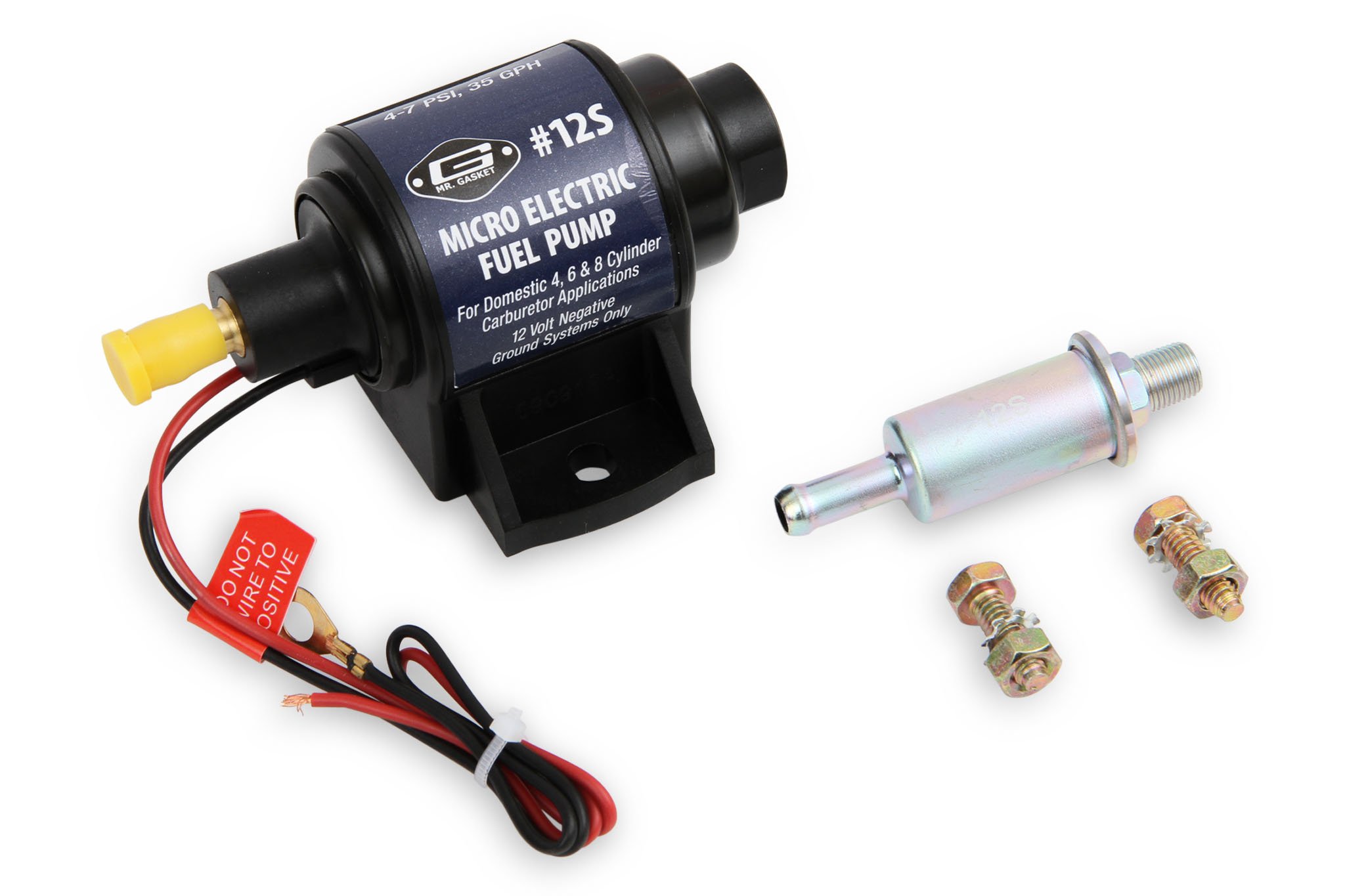Mechanical fuel pumps play a crucial role in the functioning of internal combustion engines, supplying the necessary fuel to keep the engine running smoothly. However, like any mechanical component, these fuel pumps have a limited lifespan. In this article, we will explore the factors that influence the longevity of mechanical fuel pumps and provide insights into how long they can last.
- Understanding Mechanical Fuel Pumps:
Before diving into the lifespan of mechanical fuel pumps, let's first understand their construction and operation. Mechanical fuel pumps are typically driven by the engine's camshaft or a separate eccentric shaft. They consist of various components, including a diaphragm, valves, and a lever arm. These pumps use the reciprocating motion of the diaphragm to draw fuel from the tank and deliver it to the carburetor or fuel injectors. - Factors Affecting Lifespan:
Several factors can impact the lifespan of a mechanical fuel pump. These include:
a. Quality of Materials: The quality of materials used in the construction of the fuel pump can significantly influence its durability. Higher-quality materials, such as corrosion-resistant alloys, can enhance the pump's lifespan.
b. Maintenance and Care: Regular maintenance and proper care can extend the lifespan of a mechanical fuel pump. This includes keeping the fuel system clean, replacing fuel filters regularly, and ensuring proper lubrication of moving parts.
c. Operating Conditions: The operating conditions under which the fuel pump operates can affect its lifespan. Factors such as temperature extremes, excessive vibration, and contaminated fuel can accelerate wear and tear.
- Average Lifespan:
The average lifespan of a mechanical fuel pump can vary depending on several factors. However, as a general guideline, these pumps can last anywhere between 50,000 to 100,000 miles (80,000 to 160,000 kilometers) or around 10 to 15 years of normal driving. It's important to note that this is just an estimate, and individual experiences may vary. - Signs of a Failing Fuel Pump:
Recognizing the signs of a failing fuel pump is crucial to prevent unexpected breakdowns. Some common symptoms include:
a. Engine Misfires: A failing fuel pump may not deliver the required amount of fuel, leading to engine misfires or hesitation during acceleration.
b. Difficulty Starting: If the fuel pump fails to provide adequate fuel pressure, the engine may have trouble starting or may require multiple attempts.
c. Sudden Loss of Power: A sudden loss of power while driving, especially at higher speeds, can indicate a failing fuel pump.
d. Increased Fuel Consumption: A failing fuel pump may struggle to maintain proper fuel pressure, resulting in increased fuel consumption.
- Extending the Lifespan:
While the lifespan of a mechanical fuel pump is ultimately limited, there are steps you can take to maximize its longevity:
a. Regular Maintenance: Follow the manufacturer's recommended maintenance schedule, including fuel filter replacements and fuel system cleanings.
b. Use High-Quality Fuel: Using clean, high-quality fuel can help prevent the buildup of contaminants that can damage the fuel pump.
c. Avoid Overworking the Pump: Avoid running the fuel tank on low levels frequently, as this can cause the pump to work harder and potentially shorten its lifespan.
Conclusion:
Mechanical fuel pumps are essential components of internal combustion engines, providing the necessary fuel for optimal performance. Understanding the factors that influence their lifespan and recognizing the signs of a failing fuel pump can help ensure timely maintenance and prevent unexpected breakdowns. By following proper maintenance practices and taking necessary precautions, you can maximize the lifespan of your mechanical fuel pump and enjoy reliable engine performance for years to come.


